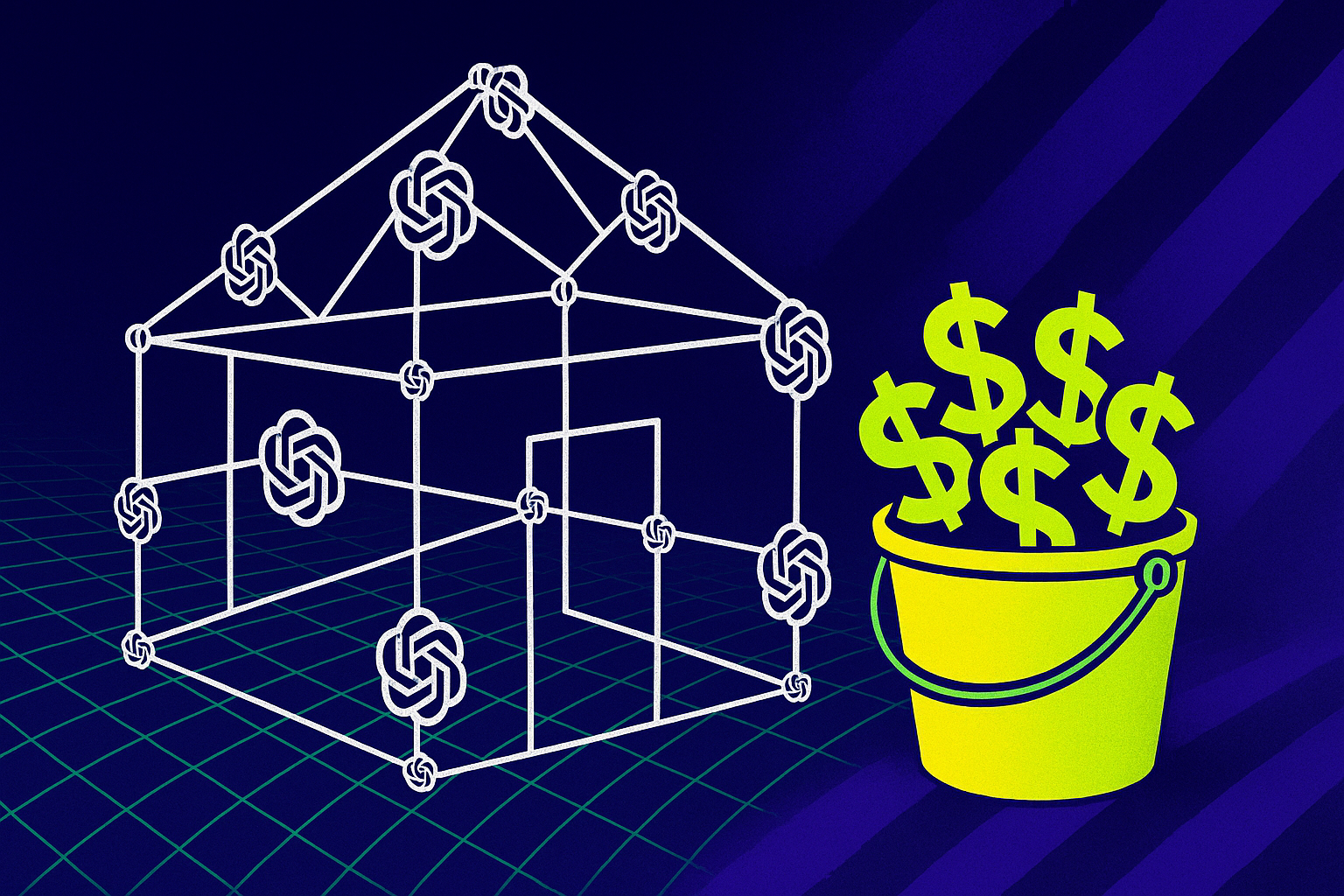OpenAI restructures as public benefit corporation under non-profit control

Update –
- Added update on investor stance
Update as of May 7, 2025:
Despite dropping plans for a complete spinoff, the new structure appears to be acceptable to key investors, according to The Information. For example, Softbank has reaffirmed its commitment to invest up to $30 billion, according to OpenAI CEO Sam Altman—even though the non-profit will continue to retain control.
Original article from May 5, 2025:
OpenAI is restructuring: Its for-profit arm will become a public benefit corporation, but full control stays with the original non-profit.
OpenAI is changing how it's organized. The company's for-profit LLC will be converted into a public benefit corporation (PBC) under Delaware law, OpenAI announced today.
The new PBC will stay entirely under the control of the non-profit organization that launched OpenAI in 2015. That non-profit will remain the main shareholder going forward. Profits are expected to support programs in education, health, public service, and science—just as outlined in OpenAI's original mission.
OpenAI had previously considered a full shift to a for-profit structure, but those plans have now been dropped. Since 2019, the for-profit business has operated as a subsidiary of the non-profit, and that relationship will continue under the new PBC setup.
"OpenAI was founded as a nonprofit, and is today overseen and controlled by that nonprofit. Going forward, it will continue to be overseen and controlled by that nonprofit," wrote Bret Taylor, Chairman of the Board.
This change also means OpenAI is dropping its old "capped-profit" model, which limited investor returns. Instead, the company will move to a standard capital structure with regular shares.
OpenAI says this is "not a sale, but a change of structure to something simpler." The company explains it needs to "get resources" to make its services "broadly available to all of humanity," a mission that "currently requires hundreds of billions of dollars and may eventually require trillions of dollars."
Responding to criticism and working with regulators
OpenAI has faced criticism for using its non-profit status to secure tax breaks and attract employees with its charitable mission, only to introduce a complex for-profit structure that many saw as putting profit first. Elon Musk filed a lawsuit over the issue, joined by former employees who said they felt misled.
The restructuring now underway looks like an effort to rebuild trust with staff, investors, and regulators. OpenAI says it worked with the Attorneys General of California and Delaware before finalizing the change. Both offices signed off on the new structure, noting that it keeps non-profit control even with a more traditional corporate setup.
In a letter to employees, OpenAI CEO Sam Altman called the move a necessary step: "OpenAI is not a normal company and never will be," adding that "this sets us up to continue to make rapid, safe progress and to put great AI in the hands of everyone. Creating AGI is our brick in the path of human progress; we can't wait to see what bricks you will add next."
If OpenAI fails to complete the planned changes by the end of this year or next, it could have to return some of the money it raised recently, according to some media reports. It's unclear if the newly announced restructuring will change that, but it is likely OpenAI has already cleared these plans with investors.
AI News Without the Hype – Curated by Humans
As a THE DECODER subscriber, you get ad-free reading, our weekly AI newsletter, the exclusive "AI Radar" Frontier Report 6× per year, access to comments, and our complete archive.
Subscribe nowAI news without the hype
Curated by humans.
- Over 20 percent launch discount.
- Read without distractions – no Google ads.
- Access to comments and community discussions.
- Weekly AI newsletter.
- 6 times a year: “AI Radar” – deep dives on key AI topics.
- Up to 25 % off on KI Pro online events.
- Access to our full ten-year archive.
- Get the latest AI news from The Decoder.